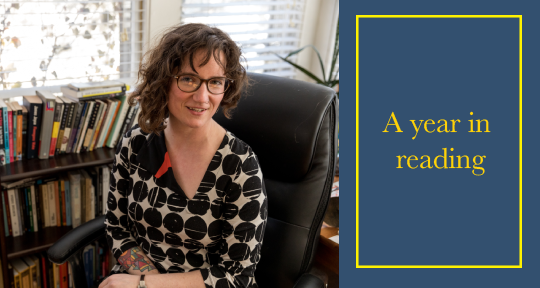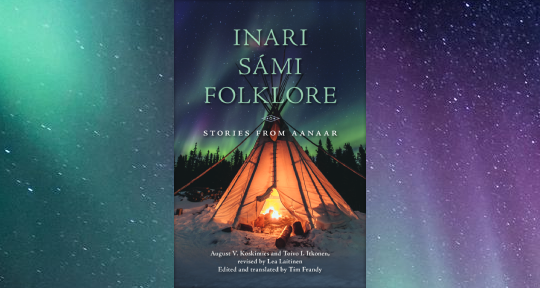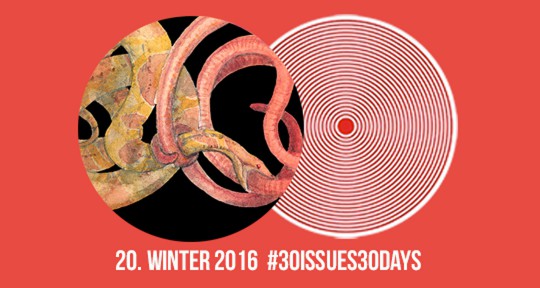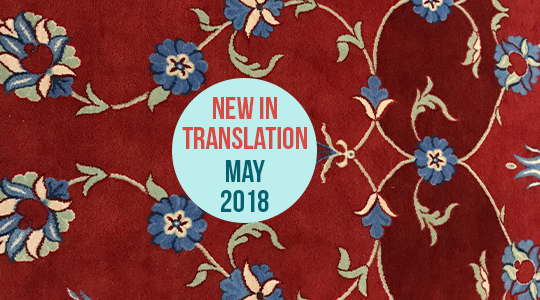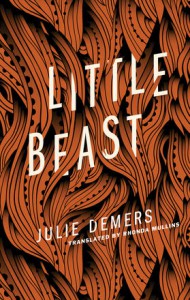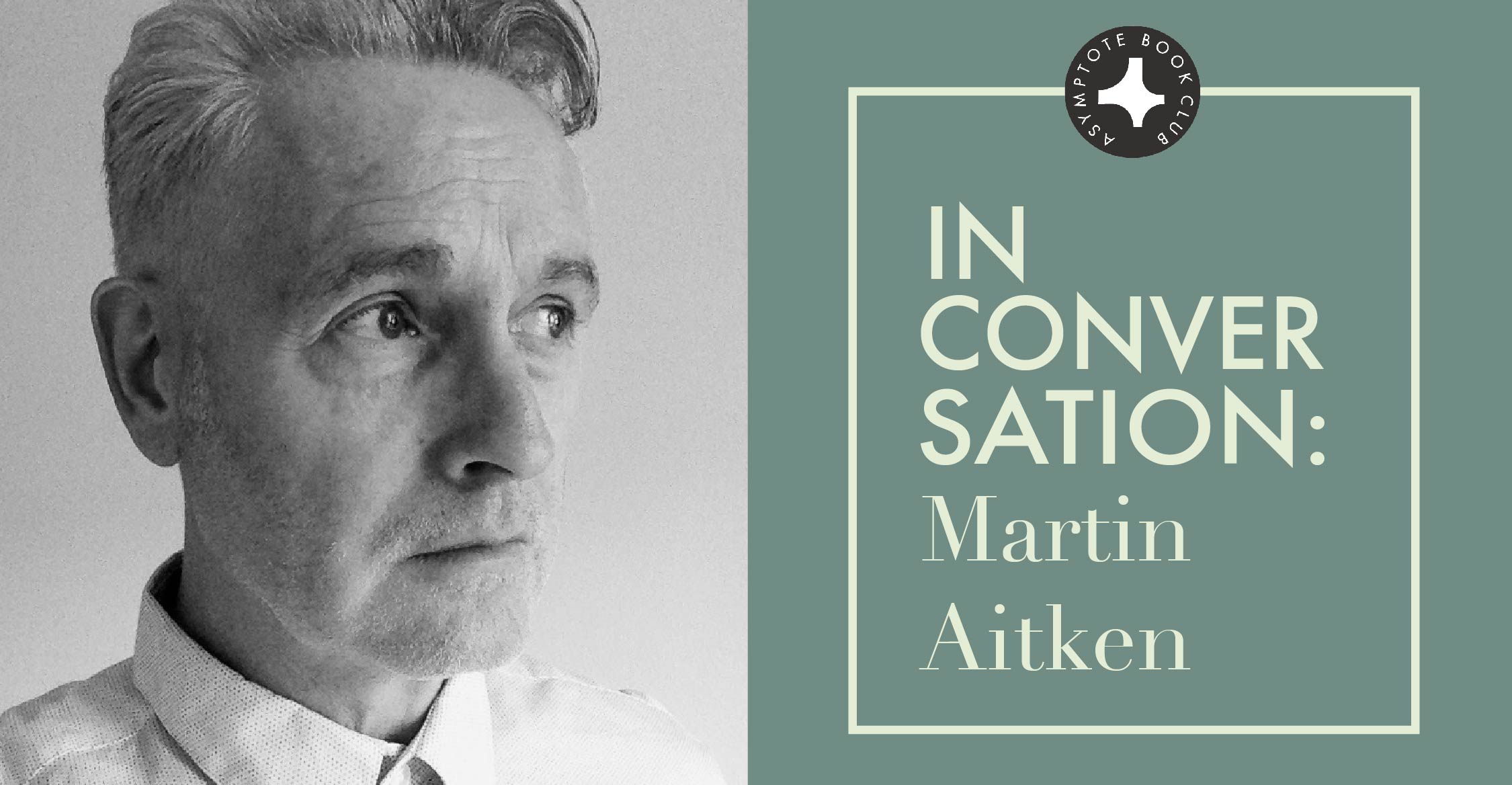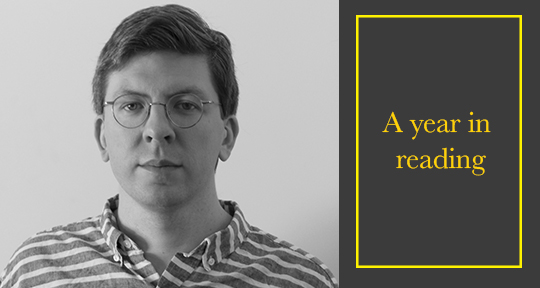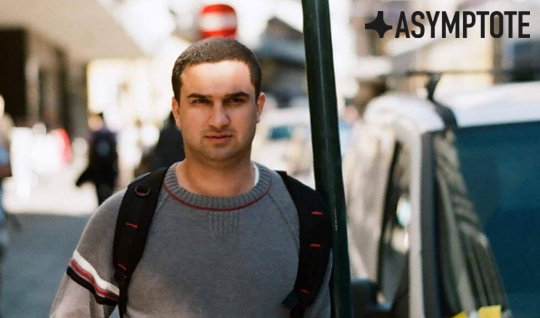Flaubert once said that one should read not for the purpose of instruction, but “in order to live.” Continuing our staff summations of 2019 in literature, Asymptote’s Educational Arm Assistant Katarzyna Bartoszyńska outlines an abundant year of reading, ranging from feminist favourites to autofiction to books about books, and in doing so, considers the sense of how books find their way to us, perhaps so that we may live.
Reflecting on my year in reading, I started to think about how various books came into my hands. I’m a literature professor, so a lot of what I read is determined by the classes I’m teaching, the syllabi I create. But making assigned book lists seems to have become a habit that spills over into the rest of my life as well—much of my reading seems to be part of various projects with lists of their own. It’s rare for me to randomly grab a book off my to-read shelf and just dive in, though I did just that with Whatever Happened to Interracial Love? by Kathleen Collins, and it ended up being one of my favorite books of the year; a collection of formally dazzling short stories, whose pleasure was heightened for me, perhaps, because I entered it with almost no previous knowledge, and so was all the more delighted by every surprising twist and turn. I had a similar experience with Yiyun Li’s breathtaking A Thousand Years of Good Prayers. But as often as not, the result of such serendipity will be the creation of a new list—for instance, I’ve now resolved to read everything else Yiyun Li has written. What follows, then, is not a reckoning of everything I read this year, but rather a contemplation of the different ways that books assign themselves to me, and the highlights of these circumlocutious processes. READ MORE…

